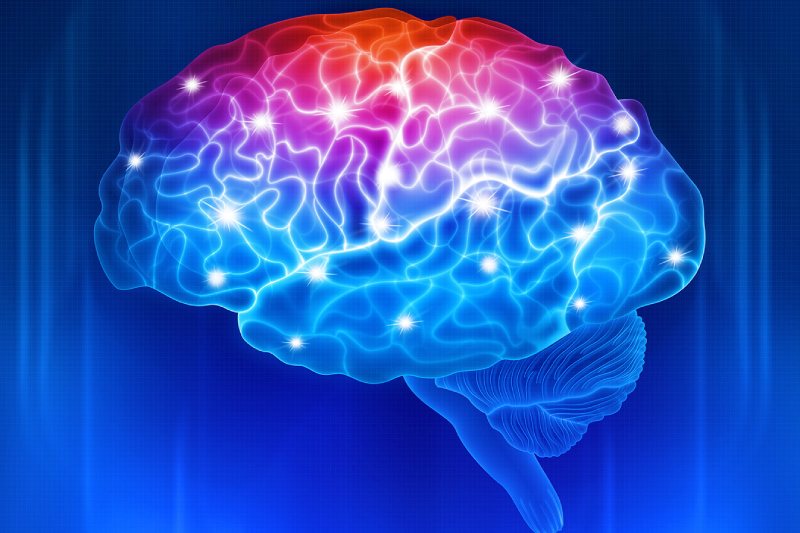It looks like scientists have discovered a new way to combat Alzheimer’s. According to a new study, the accumulation of fat droplets within brain cells may be the primary culprit. According to Michael Haney of the University of Pennsylvania, therapies that specifically target these droplets may prove to be more successful. “This opens up a new avenue for therapeutic development,” according to him.
For many years, scientists have held tau proteins inside brain cells and sticky beta-amyloid plaques responsible for Alzheimer’s disease. Which protein is the real bad guy has been the subject of an intense discussion. Recent advancements in amyloid-targeting medication seemed to tip the scales.
Fat droplets, however, are a new participant on the scene. However, Mr. Haney claims that this discussion misses the reality that fat droplets have also been observed in the brains of patients who have passed away from the illness.
Michael Haney studied the APOE gene, which is a significant Alzheimer’s disease risk factor. This gene regulates the entry and exit of fat from cells. There are three different types (APOE2, 3, and 4), with APOE4 having the highest risk of Alzheimer’s.
Brain cells from deceased Alzheimer’s patients with either APOE4 or APOE3 were examined by Mr. Haney’s team. Researchers discovered that immune cells in APOE4 brains increased the production of an enzyme that promoted fat storage.
They cultured immunological brain cells, or microglia, from APOE4 and APOE3 individuals. These cells accumulated more fat when exposed to amyloid, another possible cause of Alzheimer’s disease, particularly in APOE4 cells.
The theory put forth by the researchers is that immune cells become obese when amyloid builds up. This ultimately results in neuronal tau tangles, which kill cells and impair memory.
The immune system or fat metabolism are frequently impacted by genes associated with a marginally elevated risk of Alzheimer’s disease, which supports the fat droplet idea.
